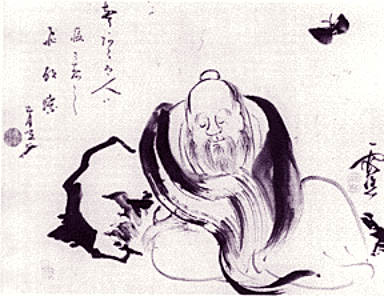|
| ["Culture ... is"] "that complex whole which includes knowledge, belief, art, morals, custom, and any other capabilities and habits acquired by man [sic.] as a member of society." -- Edward B. Tylor, Primitive Culture: Researches into the Development of Mythology, Philosophy, Religion, Language, Art, and Custom, 1871 |
| "A culture is the configuration of learned behavior and results of behavior whose component elements are shared and transmitted by members of a particular society." -- Ralph Linton, The Cultural Background of Personality, 1945, p. 32 |
| "A culture is the way of life of a group of people, the coniguration of all of the more or less stereotyped [i.e., standardized] patterns of learned behavior which are handed down from one generation to the next through the means of [both[ language and imitation." -- Victor Barnouw, Culture and Personality, 1985 |
|
(slides)
- culture: as a primary
concept
- learned
- is not inherited
(i.e., is not biological)
- is not “instinct”
- shared
- transmitted from generation to generation
- symbolic
- integrated
- cross-cultural comparative methods as major
approaches to the study of human behavior development and
structure
- holism:
or the study of "humankind" as a whole, as a primary goal of
anthropology
- The approach used in this class emphasizes the "holistic" anthropological
view which combines observations of "culture" and behavior
with considerations of the physical and developmental
aspects of humans
|
|


